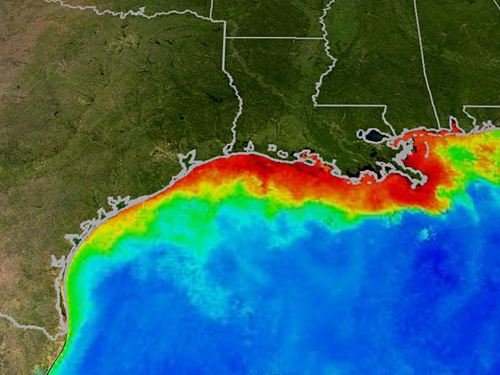…and why health insurance reform must be coupled with health reform. Bryan Walsh at TIME discusses the consequences of cheap food and a primary contributor to the problem: corn subsidies.
So what’s wrong with cheap food and cheap meat especially in a world in which more than 1 billion people go hungry? A lot. For one thing, not all food is equally inexpensive; fruits and vegetables don’t receive the same price supports as grains. A study in the American Journal of Clinical Nutrition found that a dollar could buy 1,200 calories of potato chips or 875 calories of soda but just 250 calories of vegetables or 170 calories of fresh fruit. With the backing of the government, farmers are producing more calories some 500 more per person per day since the 1970s but too many are unhealthy calories. Given that, it’s no surprise we’re so fat; it simply costs too much to be thin.
Later:
How willing are consumers to rethink the way they shop for and eat food? For most people, price will remain the biggest obstacle. Organic food continues to cost on average several times more than its conventional counterparts, and no one goes to farmers’ markets for bargains. But not all costs can be measured by a price tag. Once you factor in crop subsidies, ecological damage and what we pay in health-care bills after our fatty, sugary diet makes us sick, conventionally produced food looks a lot pricier.
Corn subsidies aren’t only making Americans fat and unhealthy, they’re destroying the environment, as Walsh points out in his article. The chemicals used to fertilize the corn fields in the Midwest wash down the Mississippi River and create what is know as the Gulf of Mexico Dead Zone, where oxygen-depleted waters kill-off most or all marine life and drastically alter ecosystems.

Getting health insurance costs down aren’t enough to save us from ourselves. We must also become better stewards for our health and the health of our planet if we really want reform.